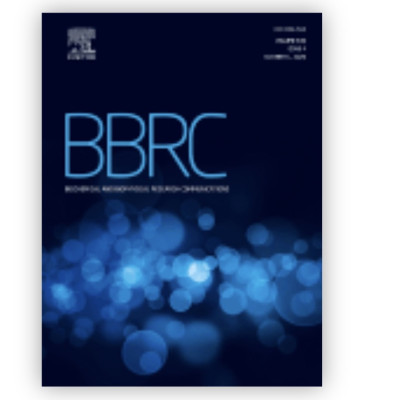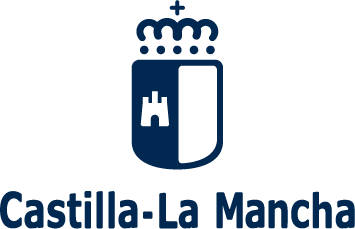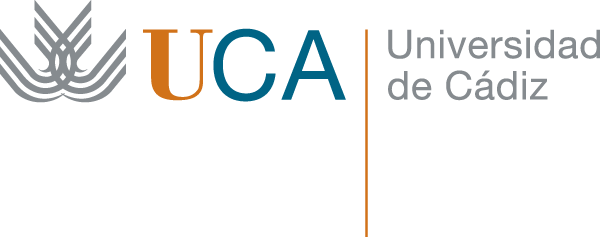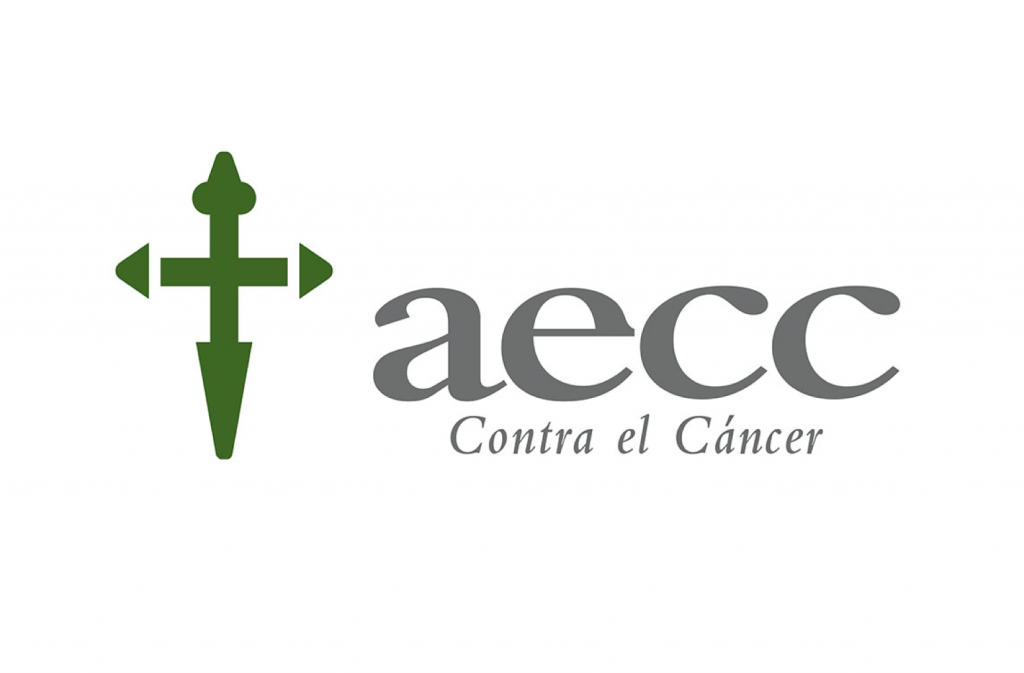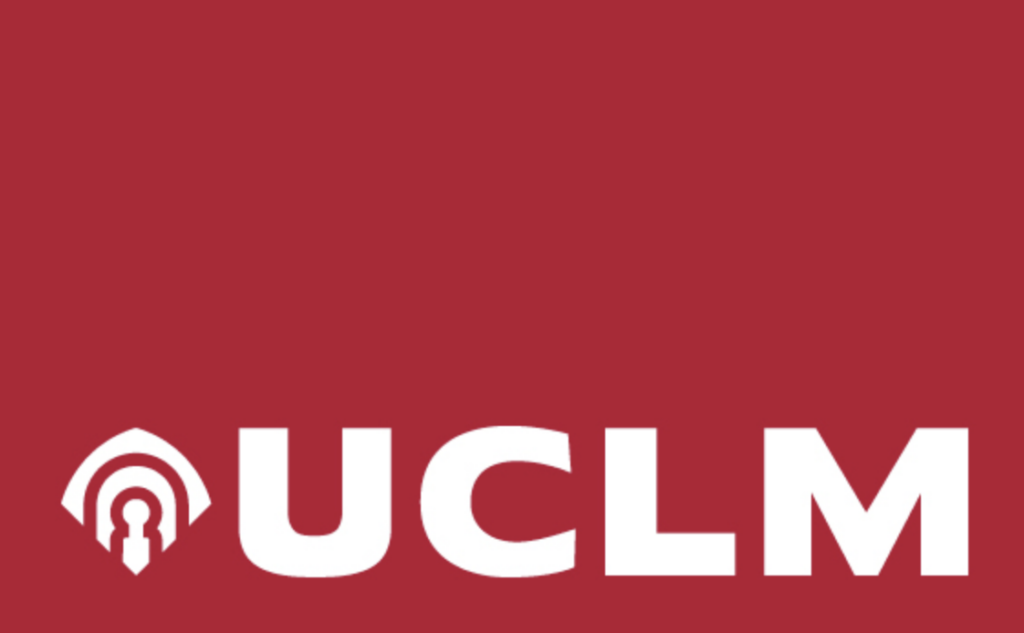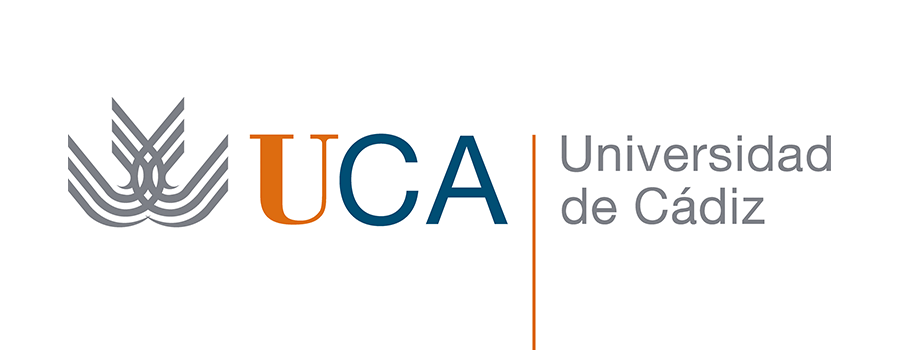Publication
Mitochondria transfer from tumor-activated stromal cells (TASCs) to primary Glioblastoma cells.
C. Salaud, A. Alvarez-Arenas Alcami, F. Geraldo, J. Belmonte-Beitia, G.F. Calvo, C. Gratas, C. Pecqueur, D. Garnier, V.M. Pérez- García, F.M. Vallette, L. Oliver
Biochemical and Biophysical Research Communications 533(1) 139-147 (2020)
MOLAB authors
Abstract
The tumor microenvironment (TME) controls many aspects of cancer development but little is known about its effect in Glioblastoma (GBM), the main brain tumor in adults. Tumor-activated stromal cell (TASC) population, a component of TME in GBM, was induced in vitro by incubation of MSCs with culture media conditioned by primary cultures of GBM under 3D/organoid conditions. We observed mitochondrial transfer by Tunneling Nanotubes (TNT), extracellular vesicles (EV) and cannibalism from the TASC to GBM and analyzed its effect on both proliferation and survival. We created primary cultures of GBM or TASC in which we have eliminated mitochondrial DNA [Rho 0 (?0) cells]. We found that TASC, as described in other cancers, increased GBM proliferation and resistance to standard treatments (radiotherapy and chemotherapy). We analyzed the incorporation of purified mitochondria by ?0 and ?+ cells and a derived mathematical model taught us that ?+ cells incorporate more rapidly pure mitochondria than ?0 cells.



